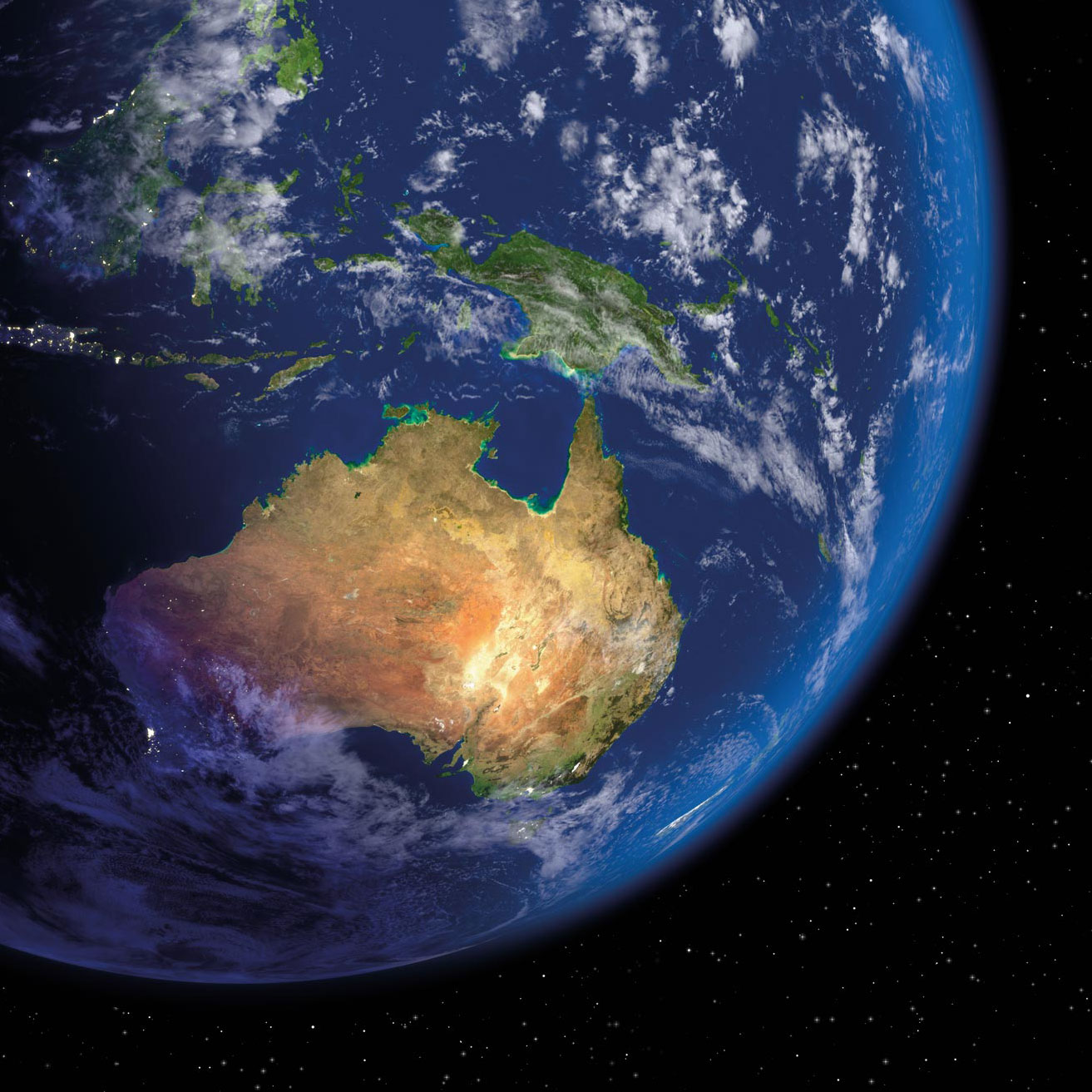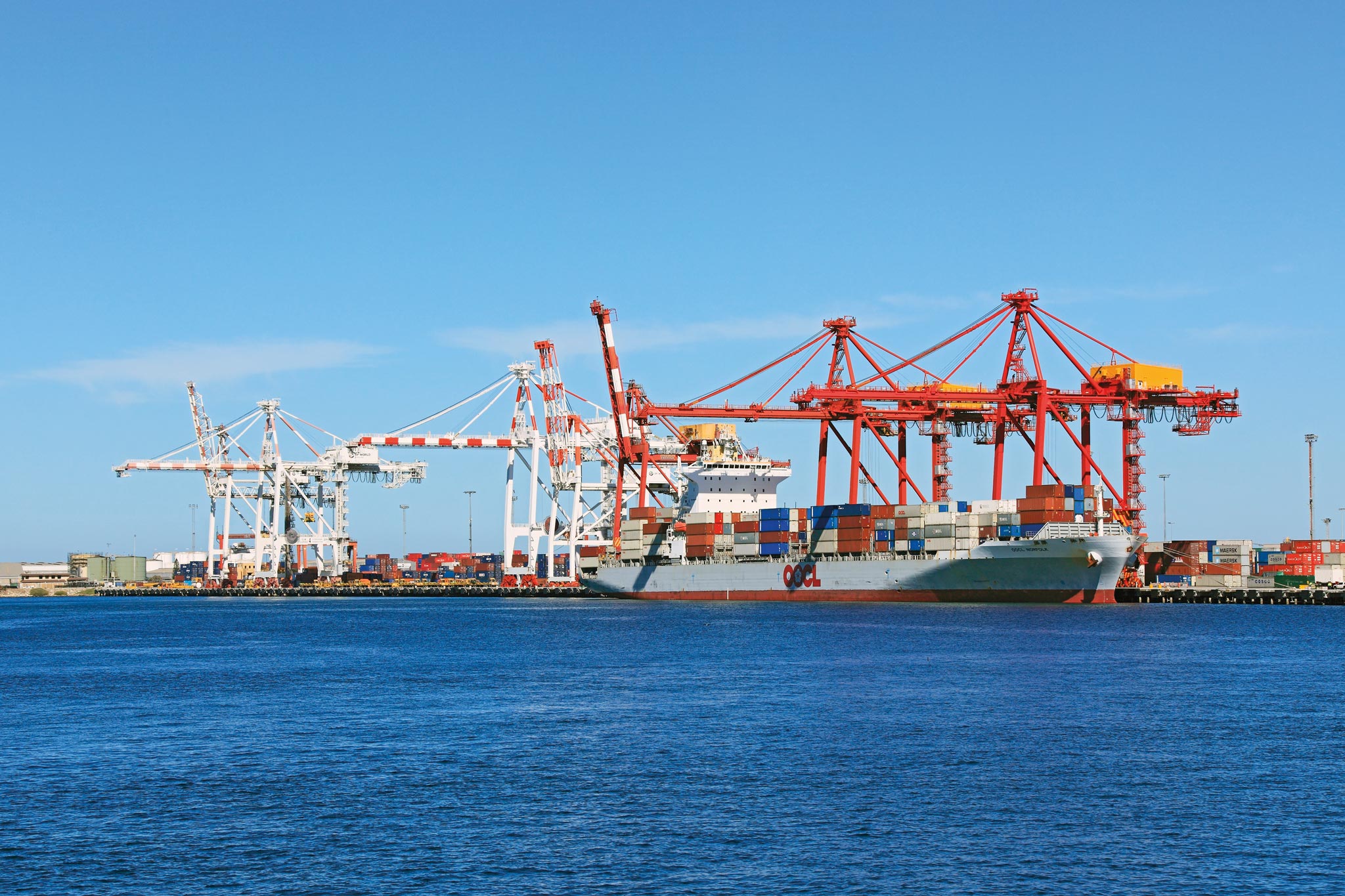A bigger population, increased numbers of middle class consumers and further economic development will strain the world’s resources. Climate change, environmental degradation and the demand for sustainable sources of food, water and energy will be political, economic and security disrupters over the longer term. These challenges could undermine stability in some countries, especially fragile states, and contribute to conflict and irregular migration. They also affect our economic interests.
The economic and security effects of climate change will sharpen and increase global stresses on the supply of food and water. Climate impacts could add to social, economic and political tensions. Many countries in Australia’s immediate region, especially small island states, will be severely affected in the long term. The coming decade will likely see an increased need for international disaster relief.
Responses to climate change will be an important influence on international affairs and Australia’s economy. Australia has the renewable resources and products, capabilities and services in low-emissions technologies to benefit from the transition of the global economy to a low-emissions growth model. At the same time, buoyant demand in the Indo–Pacific will support our exports of high-quality coal and LNG, and potentially uranium. Figure 2.8 shows forecast global demand for energy.
Figure 2.8 Global energy demand
| 2014 | 2025 | 2040 | |
|---|---|---|---|
| Coal | 3926 | 3955 | 4140 |
| Oil | 4266 | 4577 | 4775 |
| Gas | 2893 | 3390 | 4314 |
| Nuclear | 662 | 888 | 1181 |
| Renewables | 1937 | 2531 | 3456 |
International Energy Agency (baseline scenario, 2016)
Global food demand will rise. The Organization for Economic Cooperation and Development (OECD) estimates that 60 per cent more food will be needed to feed the world by 2050. Growing middle classes will also demand more resource intensive food like meat.
Water requirements for drinking and food and energy production will increase as will demand for the energy needed to grow, store and transport food, underscoring the nexus between food, energy and water. If no changes are made to the way water is used, the United Nations estimates that demand will outstrip supply by over 40 per cent by 2030. Preventing hunger and malnutrition will remain an acute challenge.
The world’s oceans will be under greater pressure. Demand for seafood, especially from Asia, will further strain global fisheries, 31 per cent of which are fished at unsustainable levels. The continuing effective management of our own fisheries will depend on the health and sustainability of ecosystems in the wider region. The world’s forests will continue to face intense pressure from land-use conversion, unsustainable harvesting (including illegal logging) and climate change. Demand for timber is expected to quadruple by 2050.
As a major exporter of food and energy, and with our world-leading expertise in agriculture, forestry, water management and environmental sciences, Australia will make an important contribution to efforts to respond to these shared challenges.














